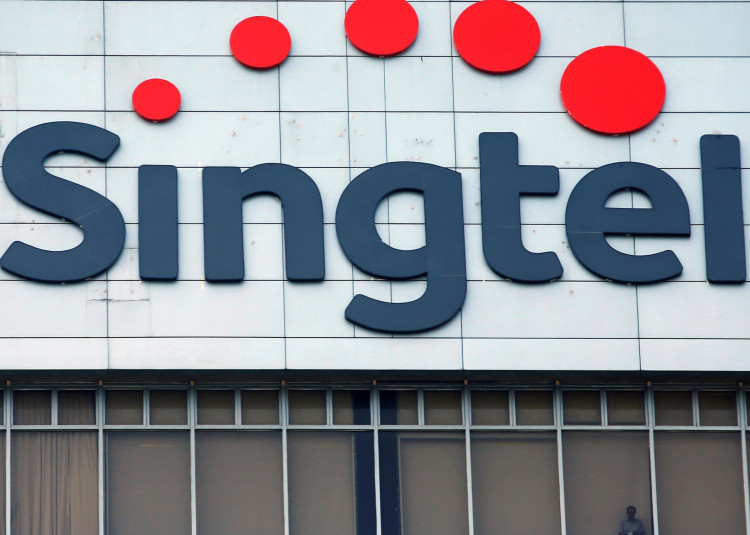Grab Holdings Inc. is partnering with Singapore Telecommunications Ltd. to apply for a fully digital banking license, jumping on a government initiative in Singapore to attract technology companies to its financial sector.
According to a joint statement, a Grab company will own a 60 percent stake in the group that will apply for a bank license in Singapore, while the Singtel telco will hold the rest.
The consortium aims to create a digital bank that targets so-called digital-first customers, as well as small and medium-sized businesses that do not have access to credit.
The application puts together one of Southeast Asia's biggest operators of online businesses - from finance and car-hailing service - with Singapore's well-entrenched telecommunications company.
This year, the Singapore Monetary Authority announced plans to issue up to five virtual bank licenses to improve competition and innovation.
Of these, two will consist of full bank licenses and three wholesale licenses limited to serving corporate clients only - the first category requires capital of $1.5 billion ($1.1 billion), the second category requires capital of $100 million.
According to a report by Bain & Co., Google and Temasek Holdings Pte, Southeast Asia's digital lending market is expected to surpass quadruple to $110 billion by 2025.
Initial public offerings are set by end of the year for the new virtual licenses. Several other groups expressed interest in joining Singtel and Grab, including Jack Ma's Ant Financial, a Chinese tycoon who founded Alibaba, gaming gear-maker Razer Inc., and Oversea-Chinese Banking Corp. In light trading, Singtel's shares were up as much as 0.9 percent on Monday.
Attempts to open up the Singapore banking industry to technology firms are on the heels of a similar move in Hong Kong, where Ant and Chinese rivals like Tencent Holdings Ltd. earlier this year secured licenses.
For Grab, a digital banking business complements its increasing suite of services built on top of a regionally expanding ride-hailing network.
The company's edge over other non-banks is a growing share of online payments from ride-sharing users and local merchants built up under the GrabPay platform.
The business, which began in 2012 in Kuala Lumpur as a taxi booking app, sought to establish closer ties with Singapore.
Grab moved its base to the city and took other steps to polish its local credentials. The company announced a new headquarters in the city in March, and plans to double local staff to 3,000 were disclosed by Chief Executive Anthony Tan.






